A new vehicle loses some value the minute you drive it off the lot — and 20% to 30% total in the first year. After that, the car’s value will continue to decline. But this phenomenon is not limited to new cars – used cars also quickly lose their value.
If you are financing your car, it is unlikely that your car’s value will be equal to or greater than the amount of financing over the life of the loan. The bottom line is that most people owe far more than their car – new or used – is worth (i.e. upside down car loan), and that can have extremely expensive repercussions in the event of an auto wreck or theft.
Gap Insurance might be the solution to avoid this issue.
What Is Gap Insurance?
Gap Insurance covers the “gap” between what your insurance company will pay out and the amount of money you owe on your car loan in the event of a total loss. Auto insurance pays only what a car is worth at the time of a theft or accident. When you owe more on your car loan than that, Gap Insurance comes to the rescue.
Say you buy a vehicle for $25,000 with $2,000 down. Shortly after purchase, it might only be worth $16,000 by insurance company calculations, based on factors including the car’s condition, price surveys, and industry guides such as Kelley Blue Book.
Therefore, if you destroy your vehicle, or it’s stolen, and get the maximum insurance payout via collision or theft coverage, you might still end up with a $7,000 loan balance and have no car!
How do I get Gap Insurance?
There are a number of ways to add Gap Insurance to your auto loan.
- From the lender (credit union or bank)
- From the car dealer
- From your auto insurer
- From a company that only sells Gap Insurance on a one-time flat fee basis
Note: Typically, credit unions, like Taleris Credit Union, can offer Gap Insurance for less than other Gap alternatives and add the cost right into your loan.
Do I Need Gap Insurance?
Not everyone needs Gap Insurance. But there are some key instances where Gap Insurance can be advantageous:
- If you finance a car with a high rate of depreciation, you can benefit from purchasing Gap Insurance. Most vehicles swiftly depreciate, but some cars depreciate very
- If you have financed your vehicle for more than 4 years, Gap Insurance may offer you some additional protection in the event of a total loss.
- If your down payment was less than 20%, you may owe more than your car is worth. If your car is totaled or stolen, Gap Insurance can help you pay off the balance of the loan.
- If you drive more than the average 15,000 miles annually, you can benefit from purchasing Gap Insurance. Cars with high mileage depreciate more quickly than other cars.
- If you are a single car family, you probably cannot afford to be without a car for any period of time. Gap Insurance coverage helps indemnify your family in case of a total loss.

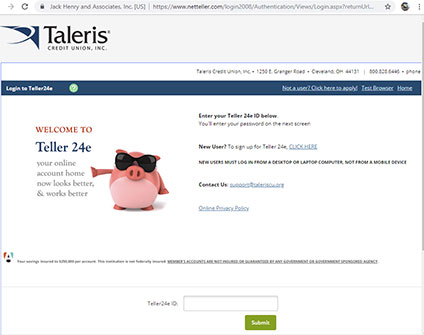
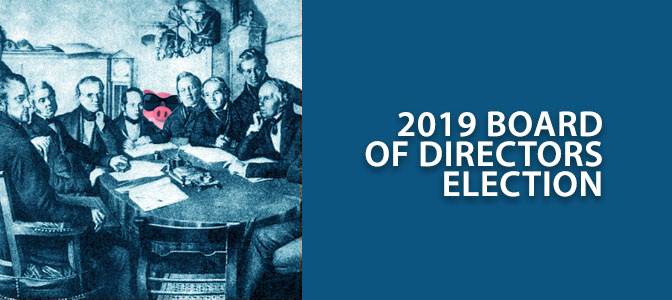

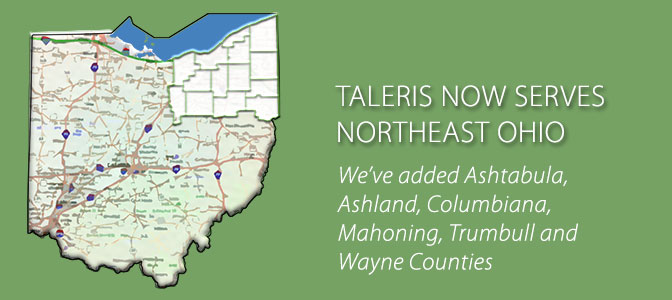
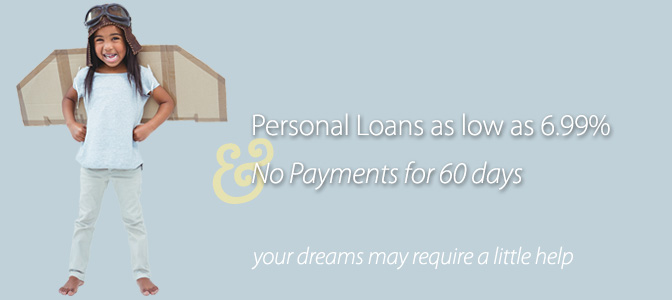

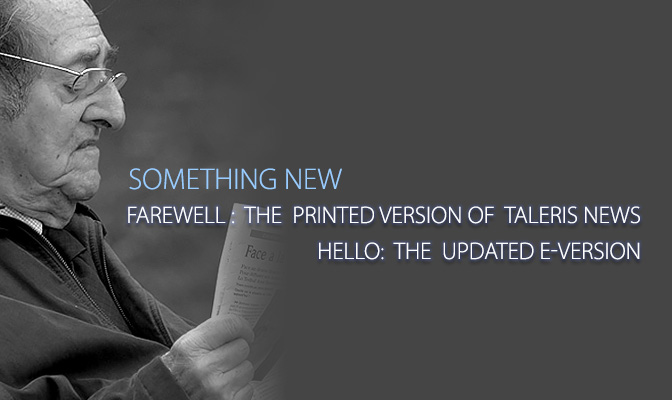
Recent Comments